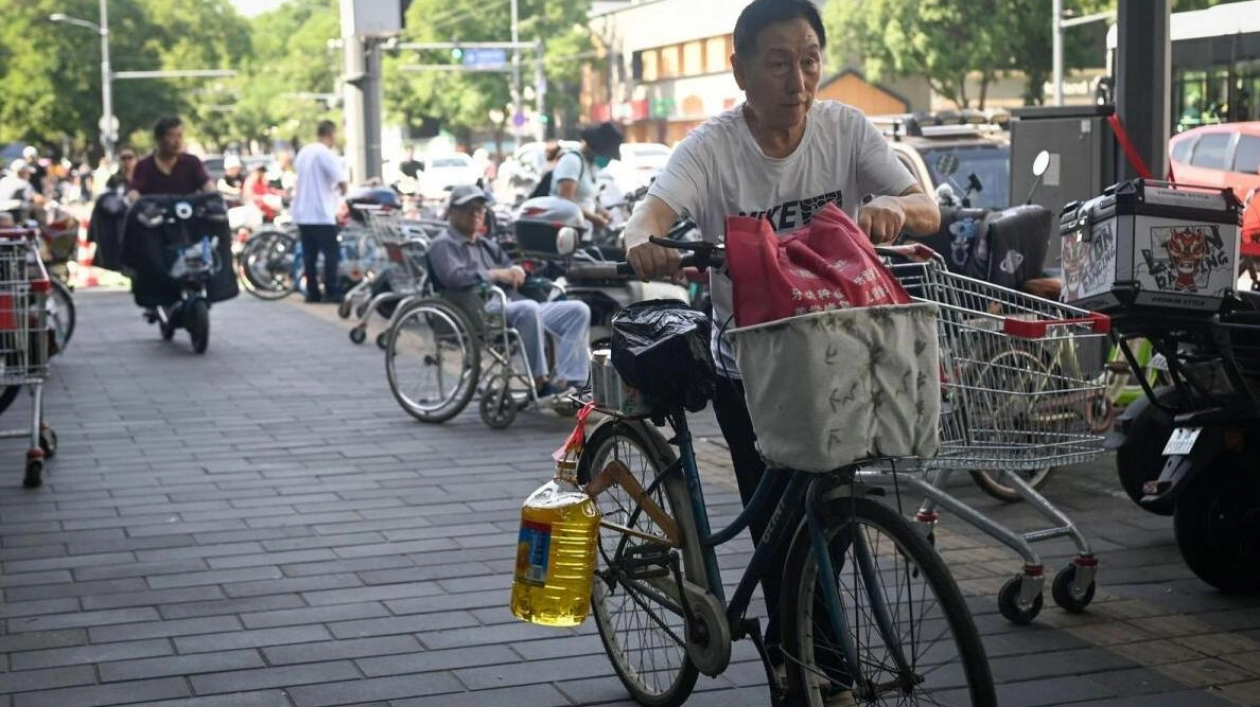The revelation that cooking oil has been transported in containers previously used for fuel has ignited public outrage in China, adding to the country's ongoing concerns about food safety. The Beijing News, a local state-backed media outlet, recently conducted an investigation into what it termed an 'open secret' within the transportation sector. The investigation revealed that several tanker trucks carried edible cooking oil immediately after transporting coal oil, without any intermediate cleaning. Truck drivers admitted to the newspaper that this practice was a cost-saving measure amid growing competition. Food science expert Zhu Yi cautioned that prolonged exposure to coal oil, primarily composed of hydrocarbons, could result in poisoning. In response, authorities have pledged to take action, with the central government announcing an investigation. In recent years, Beijing has committed to enhancing food safety regulations and bolstering public confidence. China has faced numerous food safety scandals in the past, including the 2008 incident where melamine-laced milk led to the deaths of six infants and the poisoning of hundreds of thousands of children. In 2022, Henan Shuanghui, a major Chinese pork processor, issued an apology following revelations of unsanitary practices such as packaging meat that had fallen on the floor and workers wearing dirty uniforms. Additionally, last year, Tsingtao, a leading beer manufacturer, initiated an investigation after a video surfaced showing a factory employee apparently urinating on raw ingredients. Social media reactions to the latest scandal were vehement, with one Weibo user stating, 'After reading these issues that have been exposed, I am not shocked at all! From melamine to drinking kerosene, what have we not experienced?' Another user expressed hope for a swift investigation and a clear explanation from authorities, questioning, 'Otherwise, I really don't know what oil to buy.'

Text: Lara Palmer
11.07.2024
Beijing News investigation uncovers 'open secret' of unhygienic practices in transportation industry





